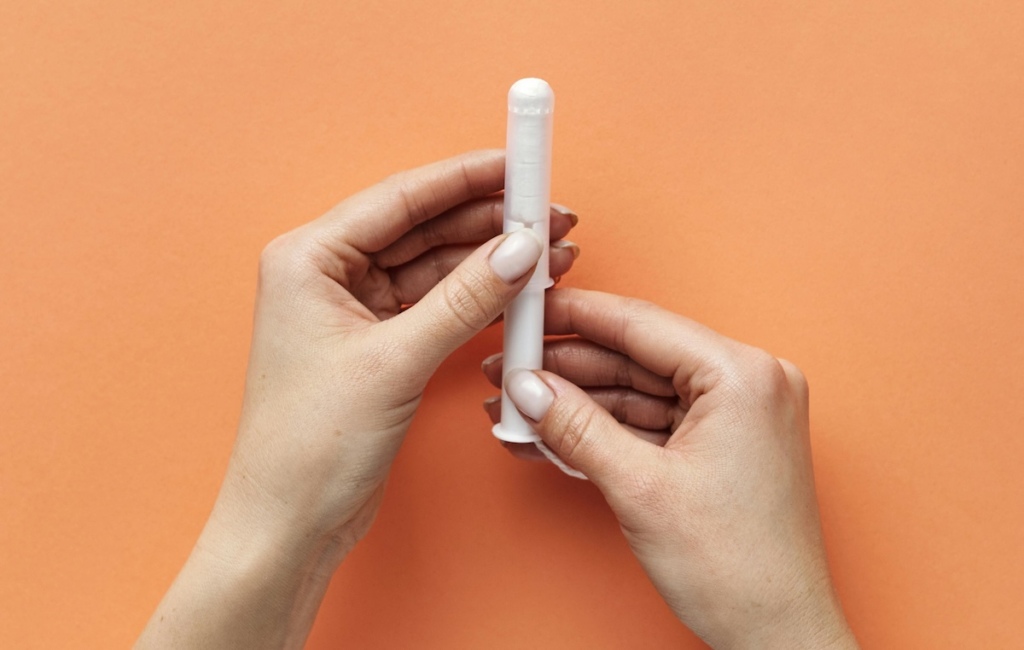
NextGen Jane, a women’s health company developing menstrual diagnostics for gynecological care, has received a $2.2 million SBIR Direct to Phase II grant from the Eunice Kennedy Shriver National Institute of Child Health and Development (NICHD), part of the National Institutes of Health.
The funding ($759,944 in the first year) will support the final clinical validation of the company’s non-invasive menstrual test for endometriosis in infertility patients. This marks the second NIH award for NextGen Jane, following a $1.8 million Fast Track grant in 2020 for their endometriosis research.
“We are delighted to receive this continued financial support and validation from NICHD, which will accelerate our mission to bring precision diagnostics to people with gynecologic conditions that are often overlooked,” said Ridhi Tariyal, Co-Founder and CEO of NextGen Jane. “Endometriosis diagnosis and treatment in the context of infertility can be especially frustrating, as long delays, expensive appointments, and few alternatives for care can lead to patient distress, disease sequelae and increased time to conceive. The at-home collection system will help patients understand whether they have a chronic, inflammatory condition as they navigate the complex terrain of fertility treatment.”
Endometriosis affects millions of women and takes an average of nearly ten years from symptom onset to diagnosis, with significant implications for fertility. The current diagnostic standard requires surgical confirmation, which contributes to this lengthy diagnostic process.
NextGen Jane’s approach uses tampon-collected samples to capture and analyze molecular signals shed from the uterine lining. The company’s endometriosis assay includes both human and microbial biomarkers, providing insight into uterine transcriptional activity and microbiome characteristics of patients with endometriosis and infertility. Beyond endometriosis, this work sets the stage for broader applications of menstrual effluence analysis in areas such as fertility, infection, and gynecologic cancer detection.
The research is supported by the Eunice Kennedy Shriver National Institute Of Child Health & Human Development of the National Institutes of Health.



